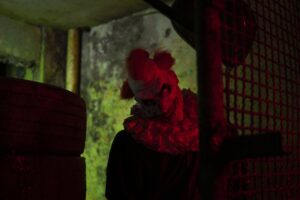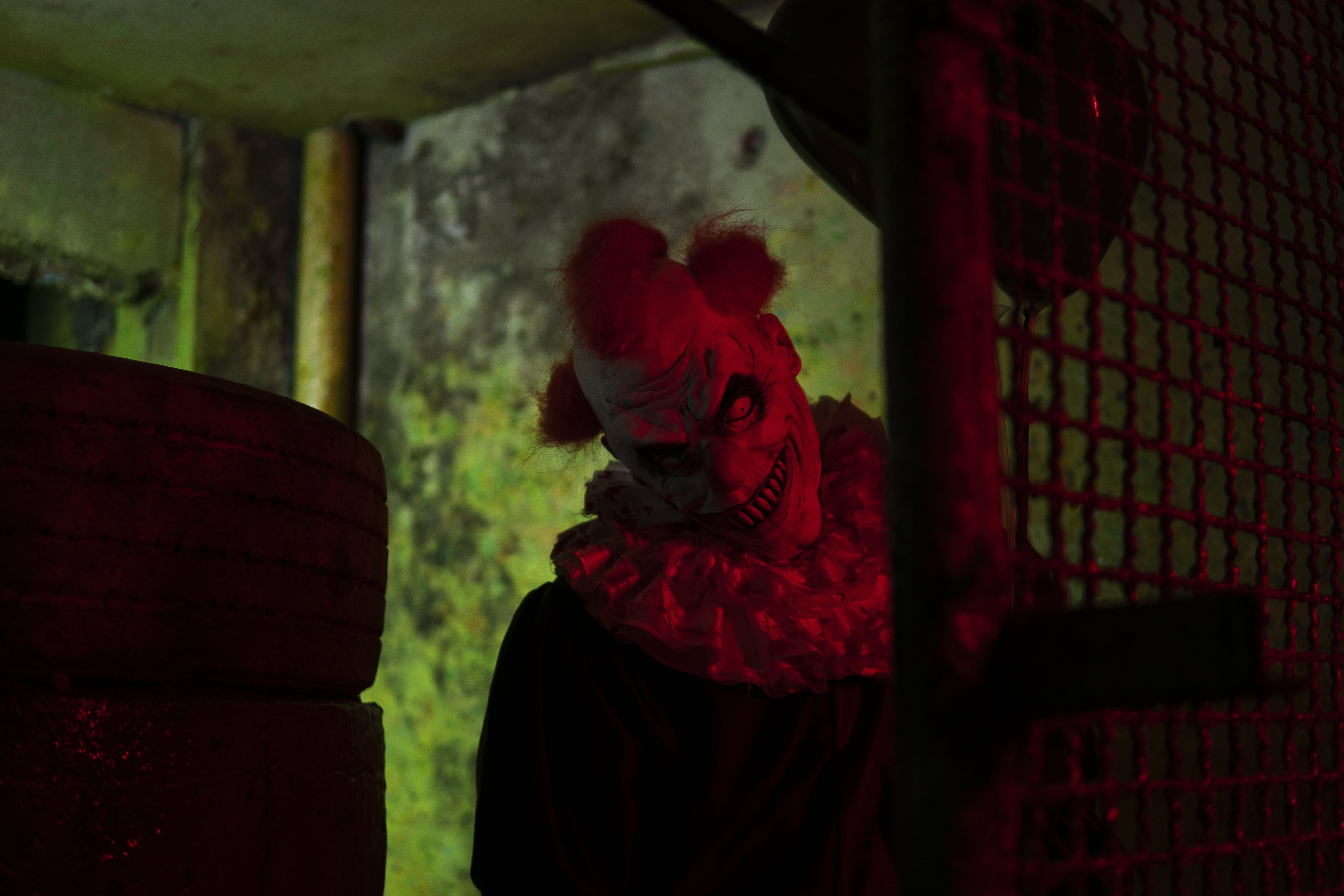Introduction
“Psycho,” directed by Alfred Hitchcock and released in 1960, is a landmark psychological thriller that revolutionized the horror genre. With its iconic scenes, suspenseful plot, and unforgettable characters, the film has left an indelible mark on cinema history.

Plot Summary
The story revolves around Marion Crane, a secretary who steals money from her employer and goes on the run. In addition, she checks into the Bates Motel, owned by the enigmatic Norman Bates, and encounters disturbing events that lead to her tragic demise. As Marion’s sister and boyfriend search for her, they uncover the dark secrets hidden within the Bates Motel and the twisted mind of its proprietor.
Characters
The central character of “Psycho” is Norman Bates, a seemingly mild-mannered young man with a sinister secret. In addition, anthony Perkins delivers a chilling performance as Bates, capturing his vulnerability and underlying menace. Marion Crane, portrayed by Janet Leigh, is also a pivotal character whose fate sets the stage for the film’s suspenseful narrative.
Themes and Symbolism
“Psycho” explores themes of obsession, guilt, and the duality of human nature. The Bates Motel serves as a metaphor for the darkness that lurks beneath the surface of seemingly ordinary places, while the character of Norman Bates represents the complexity of the human psyche.
Cinematic Techniques
Alfred Hitchcock’s masterful direction and innovative cinematography contribute to the film’s suspenseful atmosphere. The famous shower scene, in particular, is a testament to Hitchcock’s skill in building tension and creating a sense of dread through editing and sound design.
Cultural Impact
Since its release, “Psycho” has become a cultural phenomenon, inspiring numerous imitations, sequels, and adaptations. In addition, its influence extends beyond the horror genre, with its iconic scenes and motifs permeating popular culture. “Psycho” remains a timeless classic that continues to terrify and intrigue audiences with its exploration of the human psyche and its mastery of suspense.






